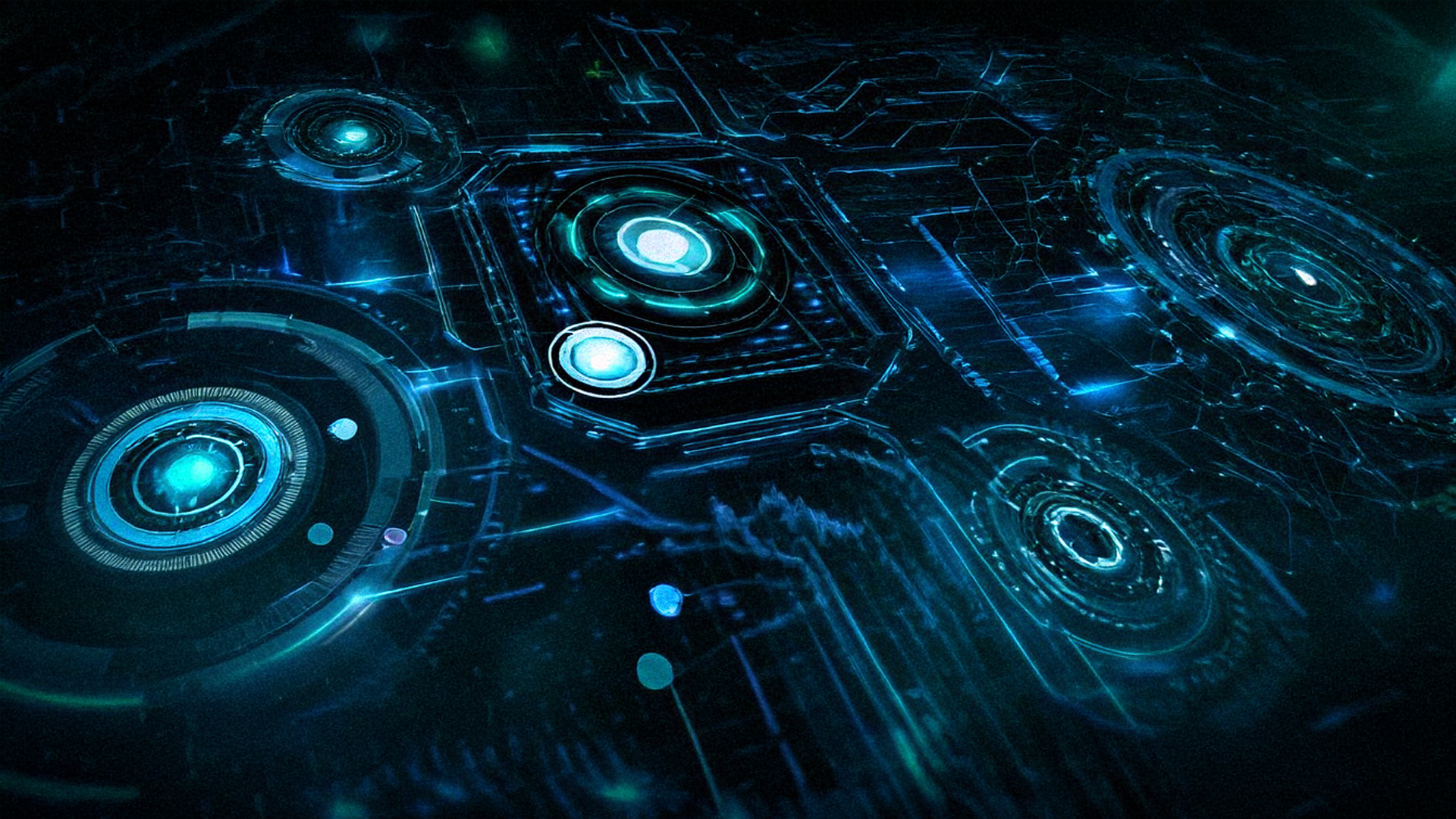In a major development today, Microsoft has announced its Majorana 1 quantum chip, sparking immediate excitement and significant skepticism among scientists and industry experts.
Microsoft's Extraordinary Claims
This morning, Microsoft unveiled what it calls a "milestone achievement" in quantum computing with its Majorana 1 chip. The company claims to have created a more stable form of qubit based on topological properties that could potentially solve one of quantum computing's biggest challenges: error rates and qubit stability.
According to Microsoft's announcement today, the chip uses exotic quantum particles called Majorana fermions to create topological qubits that are inherently more protected from environmental noise and decoherence—problems that have plagued other quantum computing approaches. The company suggests this breakthrough could accelerate the timeline for practical quantum computing applications by several years.
The Scientific Community Responds
In the hours since Microsoft's announcement, the scientific community has already responded with noticeable caution. Dr. Eleanor Rieffel, a quantum computing researcher at NASA Ames Research Center, commented: "Extraordinary claims require extraordinary evidence, and what we're seeing so far is a carefully controlled announcement with limited technical detail and peer review."
This skepticism isn't without precedent. The history of quantum computing has seen several premature or exaggerated claims of breakthroughs that didn't ultimately deliver on their promises. The field has become particularly cautious after previous controversies surrounding claims about Majorana fermions specifically.
The Shadow of Previous Retractions
Today's skepticism is heightened by the memory of previous retracted papers on Majorana fermions. Most notably, a series of influential papers from Delft University of Technology that claimed to have observed Majorana particles had to be retracted in 2021 due to insufficient evidence and data analysis issues.
In a hastily organized press call this afternoon, Dr. James Whitfield, quantum information scientist at Dartmouth College, stated: "Microsoft's approach builds on decades of research, but given the previous retractions in this specific area, the scientific community is right to demand robust, independently verified evidence before accepting these new claims."
The Technical Challenges
Creating topological qubits using Majorana fermions presents enormous technical challenges. These exotic particles need to be created in extremely specialized materials under precise conditions, and detecting them conclusively has proven extremely difficult.
Several independent quantum physicists are already pointing out that today's announcement lacks certain technical details that would be necessary for a complete evaluation of Microsoft's claims. Particularly absent from this morning's press materials are comprehensive error rates, coherence times across various operations, and detailed information about how they've conclusively identified the Majorana fermions.
The Competitive Landscape
Today's announcement comes amid intense competition in quantum computing, with IBM, Google, IonQ, and others all vying for leadership. This competitive pressure may influence how and when companies announce their progress.
"There's a tension between scientific caution and corporate competition," explained technology analyst Rebecca Hwang in a call just hours after Microsoft's announcement. "Companies feel pressure to demonstrate progress to investors and partners, sometimes before the scientific community would consider the work complete."
This competitive dynamic makes independent verification all the more important. As Dr. Prineha Narang of UCLA points out in a freshly published response, "The true test will be when Microsoft publishes detailed results and makes the system available for independent researchers to verify and benchmark."
What Would Make This Breakthrough Significant
If Microsoft's claims announced today are eventually validated through peer review and independent testing, the impact could indeed be substantial. Topological qubits could theoretically require far fewer physical qubits to create logical qubits protected by quantum error correction.
This would address one of the fundamental challenges in quantum computing: the need for thousands or even millions of physical qubits to create error-corrected systems capable of useful computation. A validated topological approach could potentially achieve practical quantum computing with significantly fewer resources.
The Path Forward
In discussions throughout the day, most experts agree on what needs to happen next: Microsoft should publish detailed technical papers that can be scrutinized by the scientific community, allow independent verification of their results, and demonstrate repeatable operations with their topological qubits.
"The burden of proof is high, but that's appropriate for claims of this magnitude," said quantum computing expert Dr. Shohini Ghose in a statement released this afternoon. "If Microsoft has indeed achieved what they claim, it will certainly withstand rigorous scientific scrutiny—and that scrutiny is an essential part of the scientific process."
Conclusion
While today's announcement of Microsoft's Majorana 1 chip represents an intriguing development in quantum computing research, the initial scientific consensus is one of cautious skepticism. The coming weeks and months will be crucial as Microsoft presents more detailed evidence and the scientific community evaluates these claims.
Here at Binbash Consulting, we'll be closely monitoring developments in quantum computing and their potential impact on future computing infrastructure. While we're following today's news with interest, we also recognize the importance of waiting for scientific verification before drawing conclusions about how these developments might reshape our computing landscape.

